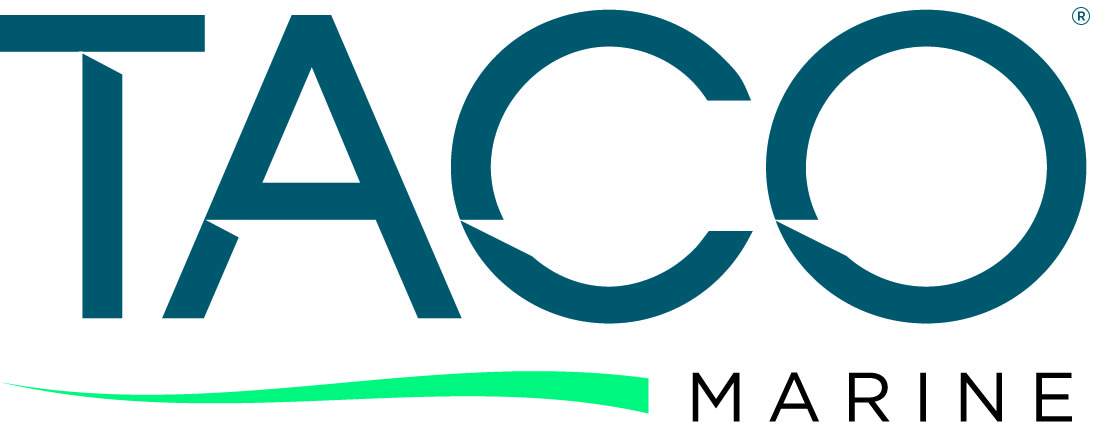
Tip 1: Float Plan. We recommend filling out a U.S. Coast Guard float plan and leave it with a reliable person who you can depend on to notify the Coast Guard if you should not return or check-in as planned. It includes information such as passenger names/age/gender, trip itinerary, radio call sign, boat type/registration info and other important information related to identifying your boat and passengers. It also includes a handy checklist for distress signals and additional gear to take along.

Tip 2: Avoid Hypothermia. In the fall boating season, one of the biggest hazards boaters face is hypothermia, especial if they get wet. Yes, it may be a bit nippy on the water, but avoid wearing clothes like jeans and cotton-based shirts which do not dry as easily or retain heat as well as wool and synthetic materials. In case someone takes a spill, bad weather or just spray from the boats wake – being wet or damp could result in hypothermia, so remember to bring a separate bag of clothing.
Tip 3: Emergency Locator Beacon. Keep in mind because there are fewer boaters on the water in the autumn, that are less boats around to help incase you run into problems. If you are going more than 20 miles off shore, bring a personal locator beacon (PLB) or an emergency position-indicating radio beacon which in an emergency would help find you by satellite.

TACO Marine's rub rail mounted long-life LED navigation lights have a range of 2 miles.
Tip 4: Digital Selective Calling. If you'll be out after dark, make sure your navigation lights are working – and if you run into trouble and you need to contact the Coast Guard, make sure your handheld radio is equipped with digital selective calling (DSC) so you can easily send a distress signal.
Tip 5: Check Lists. Yes we all make mental lists of what to bring and check before launching, but consider actually having a printed checklist that one of your mates can check off before you launch. Free: Take advantage of a courtesy boat safety check provided by the U.S. Coast Guard. They will provide a specialist to check out your boat and make helpful safety tips and recommendations you may have overlooked.









